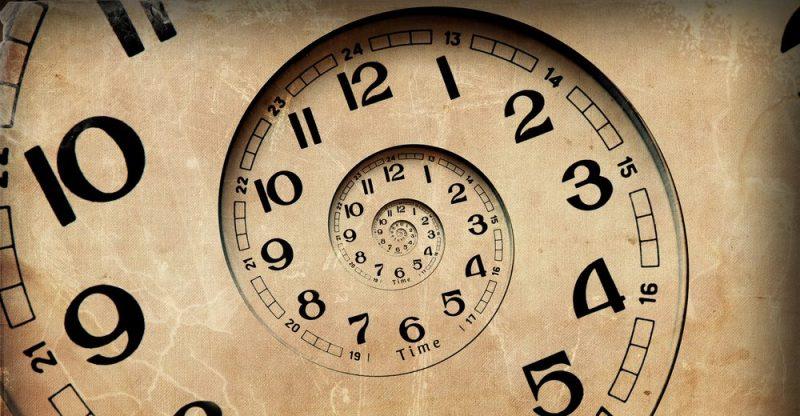But what is time?The Nobel Prize in Physics in 2004 Frank Wilczek asked it again in 'The ten keys to reality' (Critical Editorial).Starting from popular perception - time is what watches measure - the author will invite us to study the temporal factor from different points of view.
The first of those study optics, being the origin of everything, should focus on the cosmic time born with the explosion of the 'big bang'.The outbreak of that 'egg of the cosmos' was so blinding that beyond (further back) of its glow there is not (or for the moment it is not perceived by our measuring instruments) light, space, heat or time.That birth of the universe happened, scientists calculate, about 13.500 million years.Approximately one third, around 5.000 million years, the age of the earth would amount.The sapiens, our ancestors, would carry about 300.000 years.How do we know?Radioactive dating and stellar astrophysics provide methods for the measurement of very dilated time spaces.
Regarding the interior time of each of our lives, Wilczek considers that their reserve, use and measurement have a lot to do with the speed of our thinking.Rhythm, that of our human reasoning, with which we can no longer compete with respect to artificial intelligence.Robots, lacking neurons and their chemical transmissions, operating by electric or nuclear transmission, computing much greater speed than us.In addition to time, in 'The ten keys to reality', Wilczek analyzes others such as space, matter, energy, complexity or complementarity.

An intense, but intelligible and enjoyable reading, to better understand our world and see it inside, and with us inside.